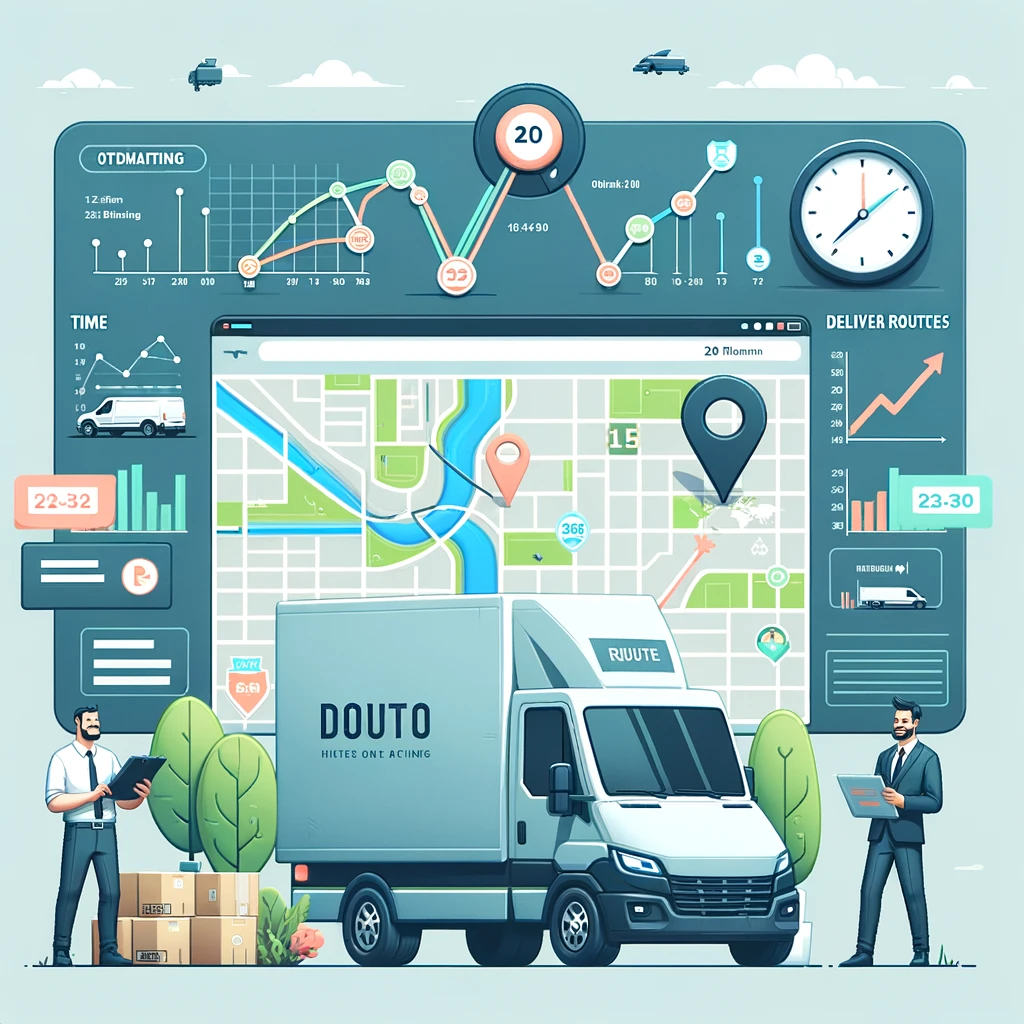
Why Do Companies Want to Plan Vehicle Routes?
Why Do Companies Want to Plan Their Vehicle Routes?
Today, the logistics and transportation sector plays a crucial role in increasing the operational efficiency of companies. Vehicle route planning is a critical factor that enables companies to succeed in this field. Here are the main reasons why companies plan their vehicle routes and the advantages this process provides:
1. Increasing Operational Efficiency
Vehicle route planning helps minimize time and costs by creating optimal routes. Planning with route optimization software allows companies to use their resources more efficiently. Therefore, flexible planning approaches like dynamic routes are increasingly being adopted.
2. Reducing Fuel Costs
Fuel expenses are a major cost factor for logistics companies. Route optimization solutions are crucial to achieving the goal of reducing fuel expenses. Ensuring that vehicles follow short and efficient routes helps keep costs under control.
3. Enhancing Customer Satisfaction
In the e-commerce sector, fast delivery is a key factor in determining customer satisfaction. Concepts like customer satisfaction, e-commerce delivery, and last-mile carrier are directly related to effective route planning. Proper route planning ensures that deliveries are made on time and without errors.
4. Monitoring and Optimizing the Process
Technologies like GPS tracking, telematics, and asset tracking enable companies to monitor and optimize the delivery process. These technologies make it possible to see where vehicles are losing time and where routes can be improved.
5. Making Reverse Logistics Processes More Efficient
Reverse logistics covers return and recycling processes. Managing these processes effectively is only possible through proper route planning. This not only saves costs but also allows for better time management.
6. Achieving Green Logistics Goals
Green logistics aims to reduce carbon emissions and promote eco-friendly transportation. Optimizing vehicle routes results in lower fuel consumption and, consequently, lower carbon emissions.
7. Simplifying Vehicle and Fleet Management
Fleet management and fleet tracking help companies monitor and improve their fleet performance. Effective route planning reduces breakdowns and extends vehicle lifespan, increasing overall fleet efficiency.
8. Using Time and Resources More Efficiently
Unplanned routes lead to both time and resource waste. Approaches like schedule optimization and territory management help optimize routes, ensuring that companies make the most of their resources.
9. Minimizing Risks
Specialized solutions like hazmat optimization are essential for companies transporting hazardous materials. The planning process reduces risks and ensures a safer transportation process.
10. Leveraging Artificial Intelligence and Mapping Technologies
Technologies such as artificial intelligence, maps, and isochrones help plan routes more accurately and efficiently. These technologies save time and offer faster delivery solutions.
Conclusion
Planning vehicle routes ensures operational integrity in areas like logistics management, route planning, and route optimization. Effective route planning not only reduces costs but also enhances customer satisfaction, decreases environmental impact, and provides companies with a competitive advantage. This field, evolving with technology and software support, helps businesses secure a stronger future.